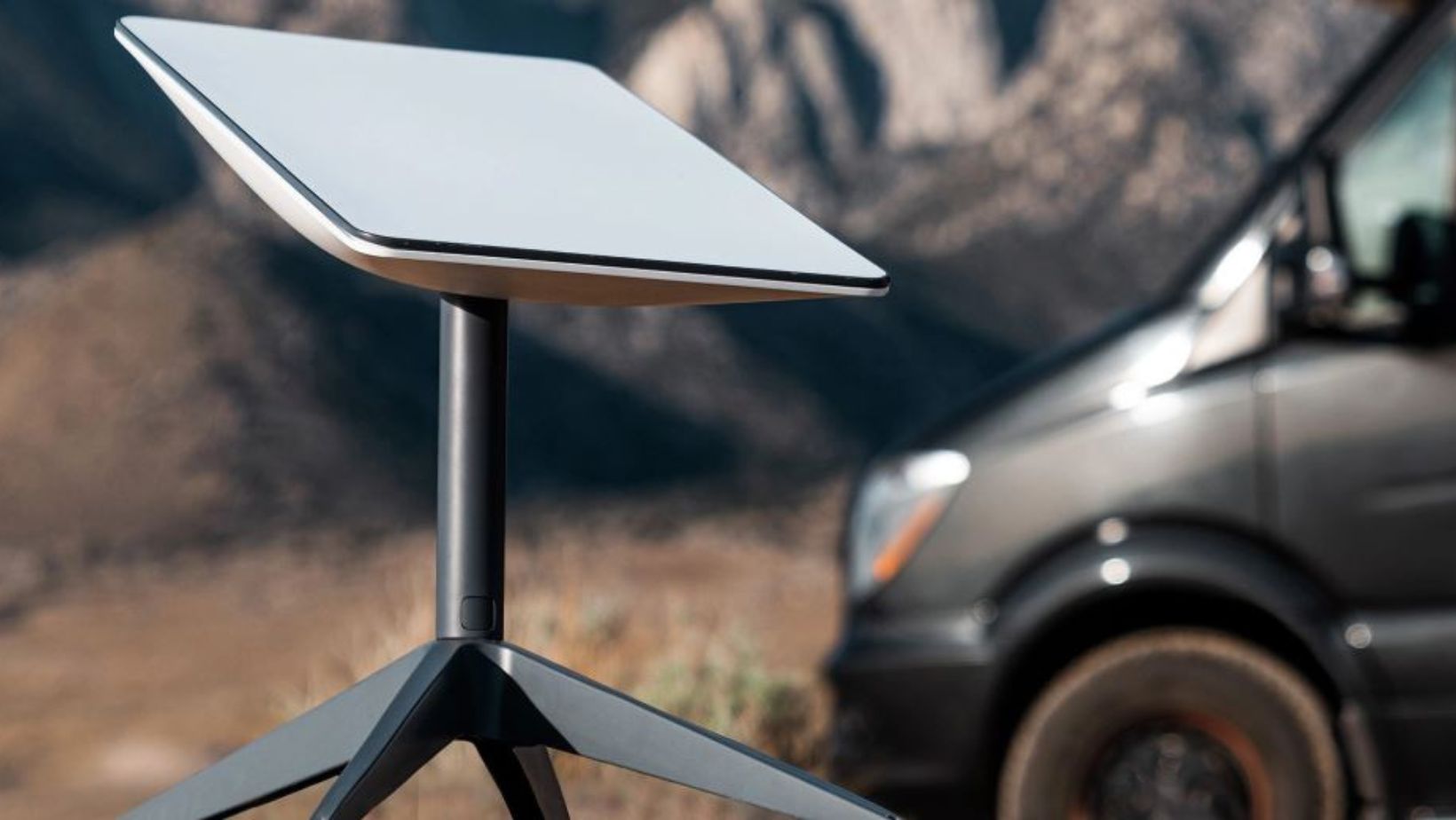In 2015, during a conference aimed at attracting investors, Elon Musk announced that Starlink would have around 20 million users worldwide in 2022, for an annual revenue of $12 billion.
But as is often the case, the billionaire had to face his worst enemy: reality. While it is true that its satellite network recorded profits in the first quarter of 2023 after two years of losses, we are still far, very far from the fanciful forecasts made almost 8 years ago. Nothing unusual for Musk, who had already overestimated by the same proportions the number of accounts on X.com to subscribe to his premium offer. More generally, for him, grandiose promises (almost) never followed through on have become his trademark.
In addition, for some Starlink users, they have to deal with the goodwill of a man not really known for his reliability. The best example is the Ukrainian army, which saw some of its operations have to be canceled because the businessman was “not a fan”. But US telecommunications authorities have also disavowed the service. Obviously, this is not the best advertisement for the service.
Surprise ! Musk’s predictions were too optimistic
During 2022, Starlink generated a total of $1.4 billion in revenue, a significant increase compared to 2021 and its $222 million. The trend does not seem to be reversing, since from the first quarter of 2023, this income has already exceeded this figure, standing at 1.5 billion, and even managing to be profitable. Good news for Elon Musk, not all of whose companies necessarily succeed in recouping their costs. But for initial investors in the satellite network, there is reason to be bitter.
When he presented his project in 2015 to them, Musk mentioned 12 billion in revenue, and no less than 7 billion in profit for the year 2022. These sums would have been possible thanks to the 20 million subscribers that the service would have managed to convince. Except that once again, this prediction was largely optimistic, and the service has so far only convinced just over 1 million subscribers worldwide.
Breaking promises can be costly when you depend on public money
While the initial investors in the project helped launch the company, for a long time Starlink also survived thanks to the gargantuan subsidies that the US government provided. He considered that it could be a project of public utility… provided that it did not interfere with Musk’s own convictions, apparently. This is how the company initially convinced the federal government to provide no less than $880 million to develop the satellite network. A sum whose importance is truly dazzling when compared to Starlink’s operational revenues.
Except that the FCC, the American telecommunications watchdog, has decided to overturn this decision, considering that “ after careful legal, technical and political examination, [elle rejette] this application. Customers have the right to high-speed, affordable, and reliable Internet. » Apparently, Starlink doesn’t check any of the boxes. And obviously, this is not the best publicity stunt that the company could have hoped for.
Source : Gizmodo

17